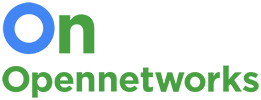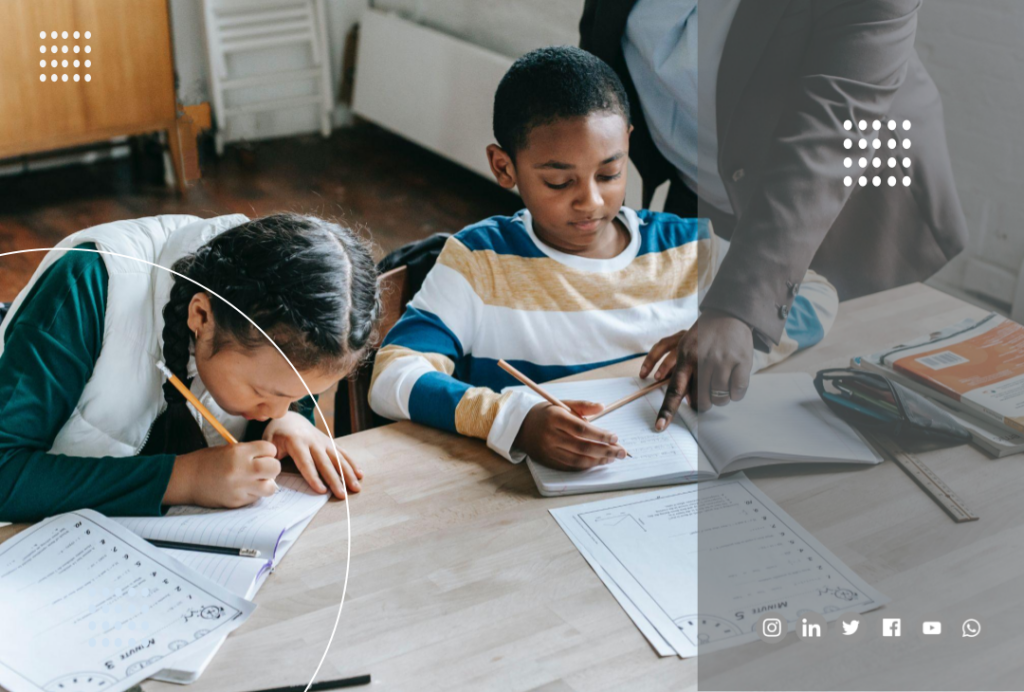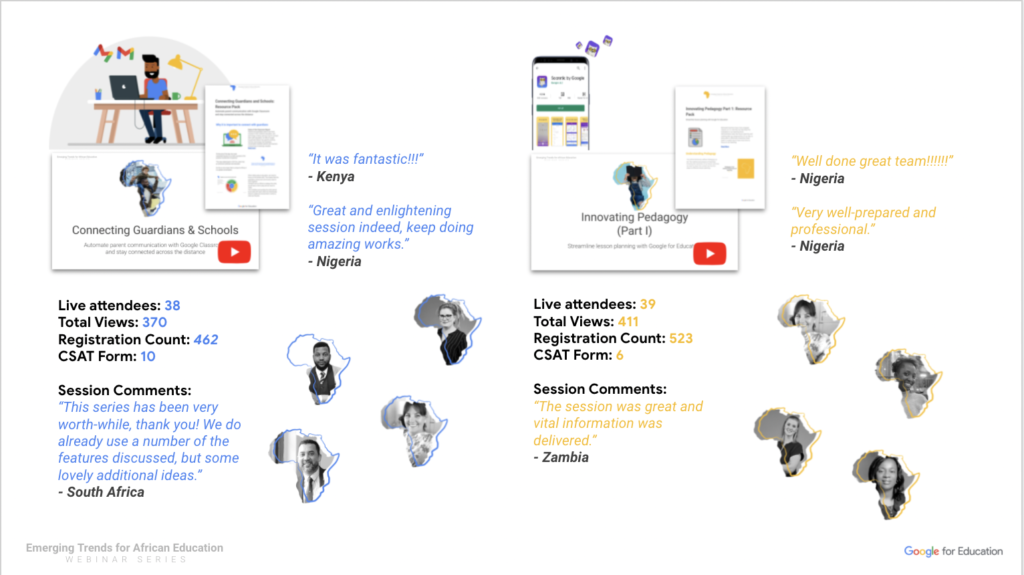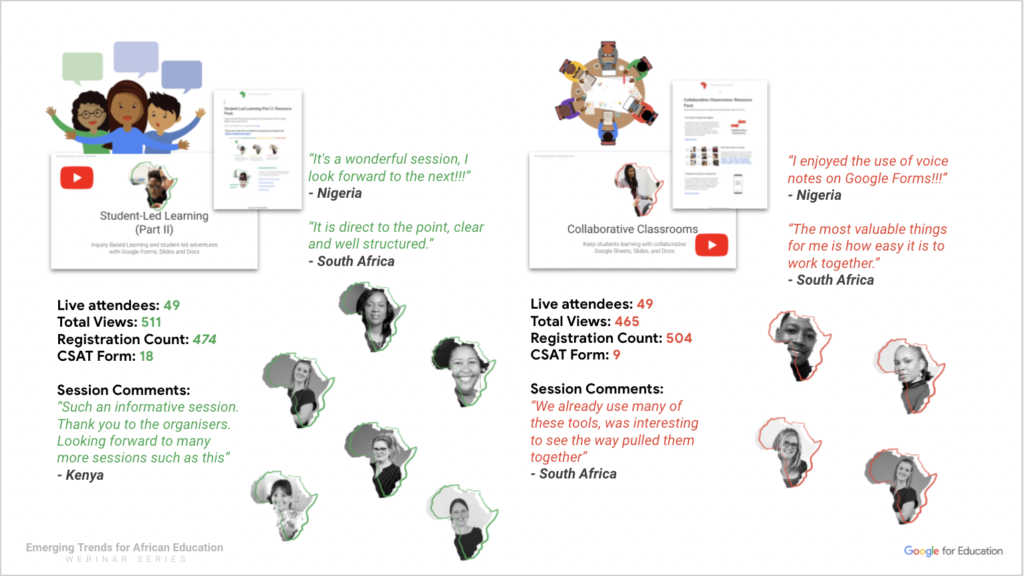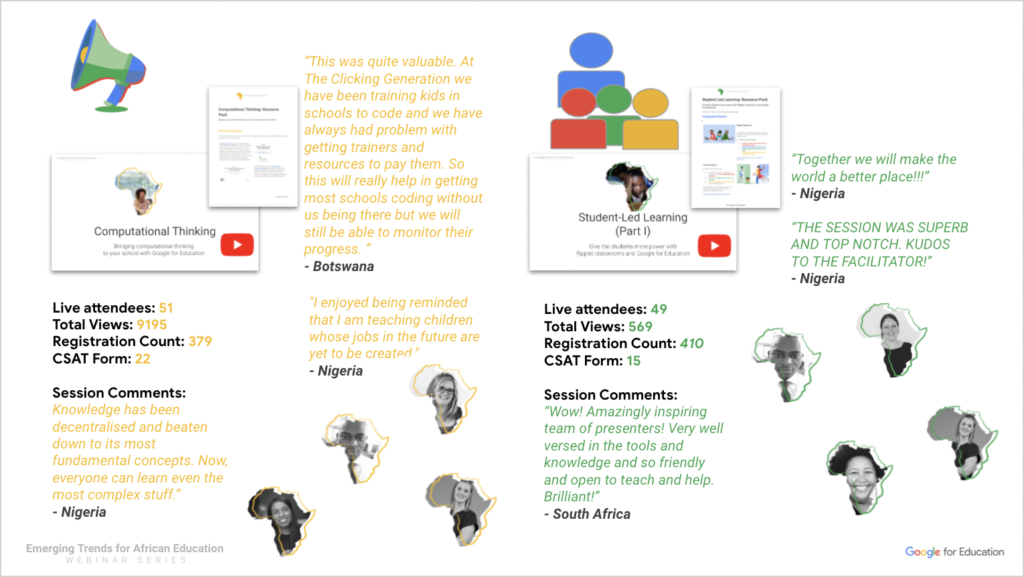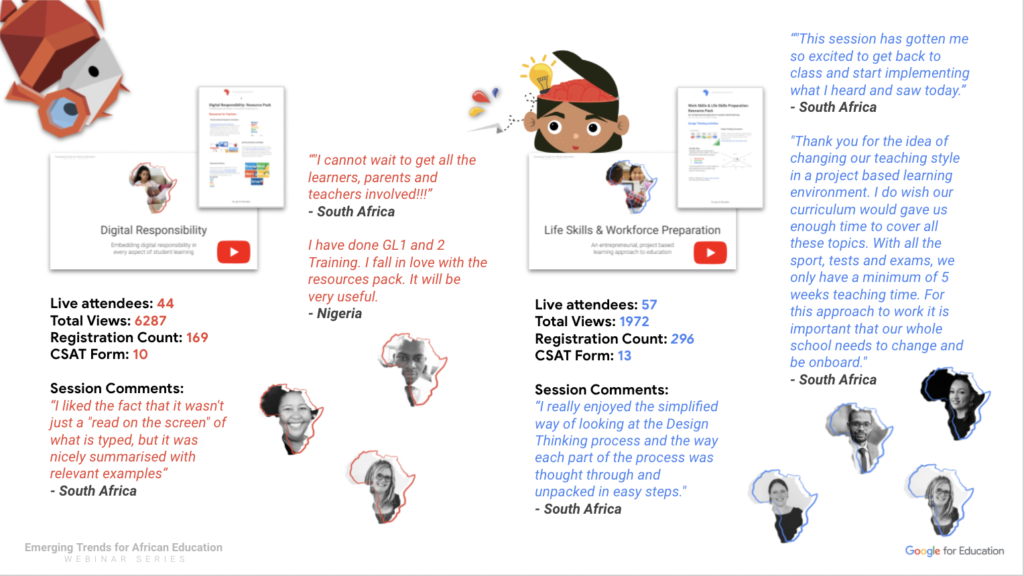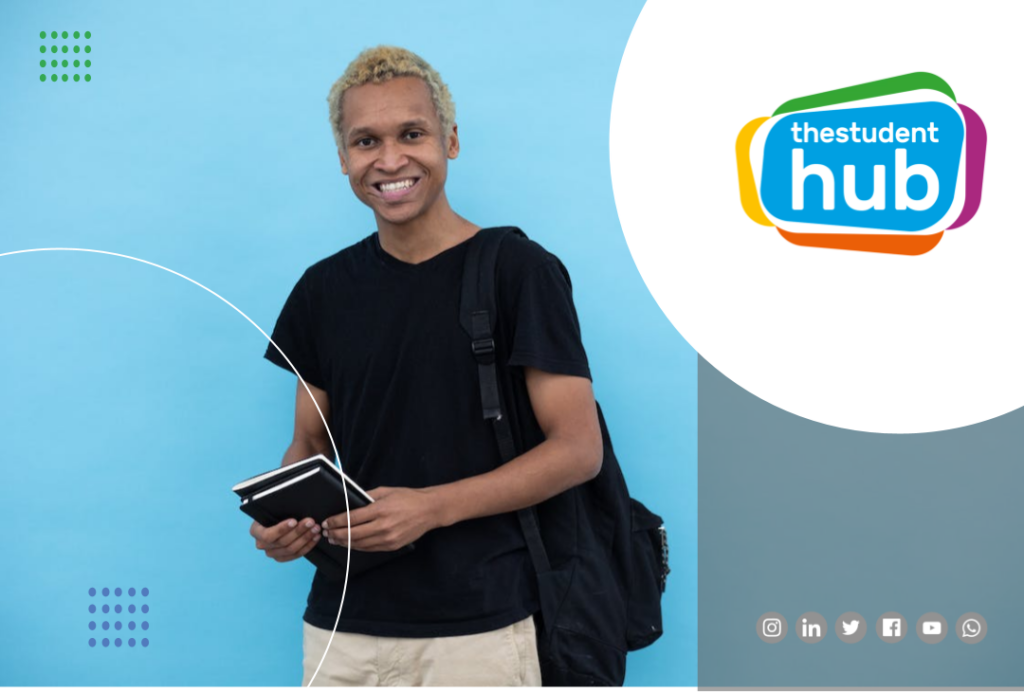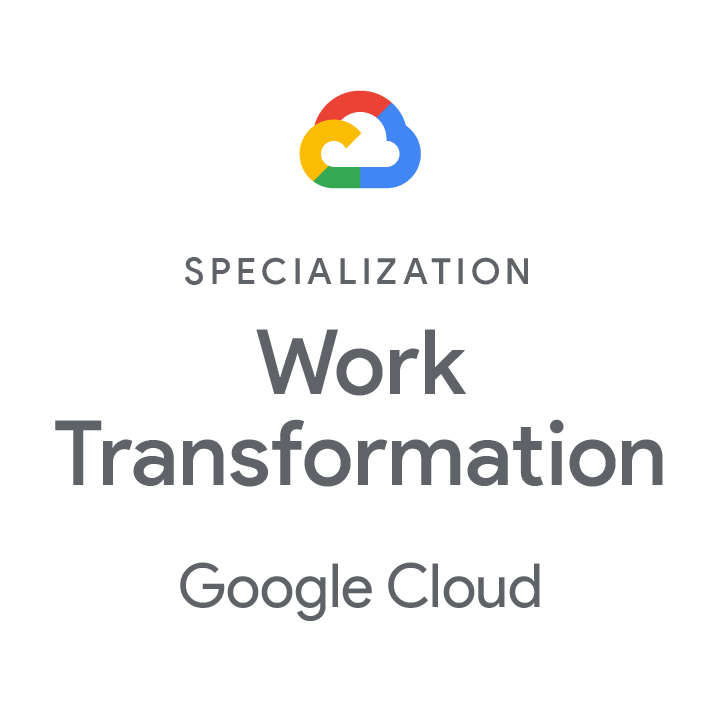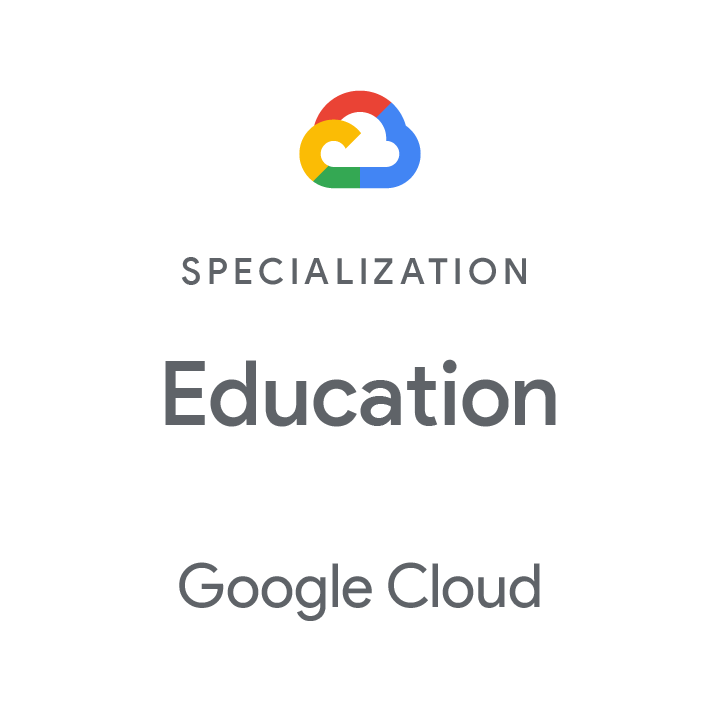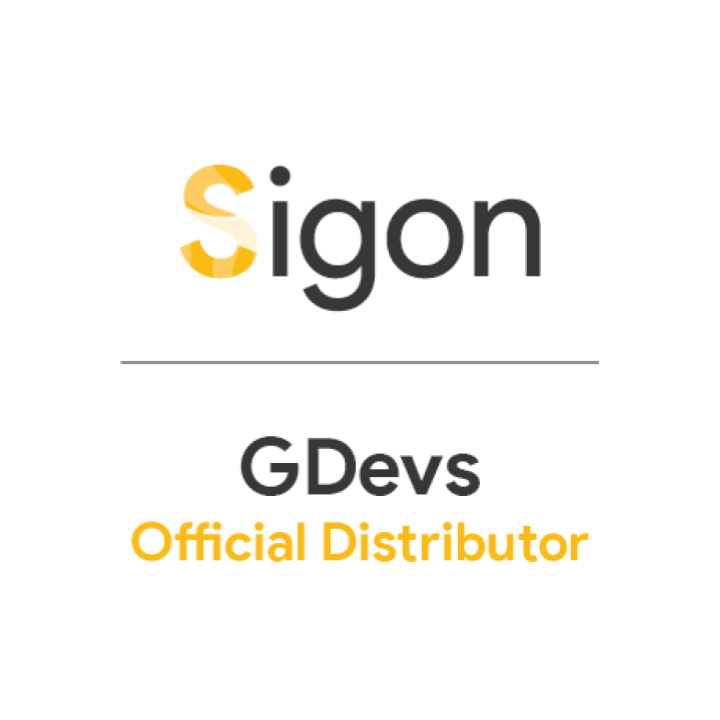Overview of the Emerging Trends in Education series
Google for Education released their “Future of the Classroom” report which details 8 emerging trends in Education. These are the trends that Google predicts will help teachers to prepare learners for the careers and challenges that they are most likely to face in the future. Essentially, preparing learners for jobs that don’t exist yet.
The trends identified are:
- Digital Responsibility
Parents and guardians want schools to help students develop healthy relationships with technology, and to be safe and confident explorers of the digital world. - Life Skills and Workforce Preparation
To prepare for future careers, students need a holistic education that includes practical vocational skills, communication strategies, and strong leadership development. - Computational Thinking
A curriculum that is focused on problem-solving, coding, and STEM subjects helps prepare students to address possible future challenges. - Student-Led Learning
Education leaders want students to have more agency over their education, from what they learn to how the classroom operates. - Collaborative Classrooms
As schools begin to focus on openness, flexibility, and collaboration, they’re redesigning classrooms to match. - Connecting Guardians and Schools
Parents and guardians want to be more involved in their children’s education, and technology is being used as a tool to connect them with educators and school management. - Innovating Pedagogy
Motivated teachers have more engaged classes, and streamlining administrative tasks can help them focus more time on teaching. - Emerging Technologies
Schools are incorporating emerging technologies into the classroom to enable more innovative and engaging teaching methods and learning experiences.
- Digital Responsibility
The SSA Webinar Series
Once Google identified these trends and released their global report, they started looking for a Google Partner, based in Africa, who could help bring these trends to the Digital Skills Africa YouTube channel and empower teachers in K to 12 Education.
The project was extensive and included many aspects such as:
- Content Development
- Post-Session Resources
- Marketing
- Reporting
- Teacher Cohort
- 10k Teacher reach
- Google Partner Collaboration
Opennetworks, a Google Premier Partner, was honored to be chosen to run the bulk of this project. We designed the content and resources for all 10 of the sessions, created the marketing materials, and leveraged various communication channels. We ran a teacher cohort and collaborated with a partner in Nigeria, MKB Consulting, in order to find and empower presenters across South Africa and Nigeria. We were also responsible for tracking and reporting on progress.
We encouraged our partner for this project to run a separate cohort and had close to 50 teachers actively contributing to this project. The teachers sent in photos and videos of the content in action and reported how the sessions were able to help inspire joy in the learners they worked with.
You can see some of the incredible resources that the teachers shared throughout the project on this website.
This level of collaboration also helped in our endeavor to reach as many teachers as possible as these teachers, in turn, helped share their newly acquired knowledge with the other teachers at their schools and their communities.
As a result of various marketing campaigns and partnerships, we were able to exceed our initial goal and reach 16 180 teachers across Africa. The collection of YouTube videos of the sessions have also been very well received; reaching 20 338 views at the time of writing. Here is a breakdown of these numbers:
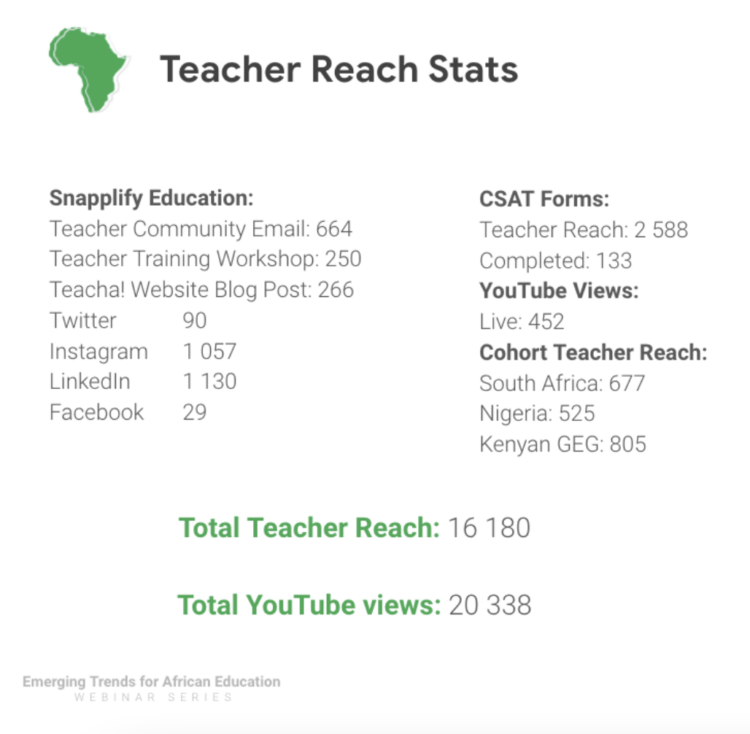

Our Thoughts on the Series and What We Accomplished.
These trends are really important in order to help empower learners in our classrooms to face the challenges of the world they are likely to encounter when they become adults. We are preparing them for jobs that don’t exist yet, so there is no way that the old “Chalk and Talk” method will be useful in this instance. To prepare students for the skills they will need when they reach their version of the working world requires a new, fresh approach. We need to redesign the way we teach so that our learners can redesign the way they think. This, in turn, will help to empower them to know how to navigate the world they will face one day.
While there are many countries in the world that are changing the focus of education, Africa seems to be trailing behind. This is a serious problem, as Africa is considered the next emerging market. As a continent, we have some of the world’s fastest-growing economies but we currently rely on allies and relatively limited available resources to function. According to the UN 2012 population reports, Sub-Saharan Africa will contribute the highest percentage of the global workforce by 2035. This is a scary thought when you take into account that 22% of Primary schools in Africa don’t even have electricity. And, while a large portion of learners attend primary school, attendance drops considerably to only 30-50% of learners across the continent attending Secondary school.
Google for Education hopes to empower teachers to help their learners overcome these obstacles and be prepared for the world they will face when they are in the global workforce in 2035. Enter the Emerging Trends for African Education Webinar series. These sessions were incredibly inspiring for the teachers who participated and were able to implement the ideas and tools in their classrooms. We can see the impact of these sessions on the cohort and how they have found new inspiration and excitement for teaching and learning in their classrooms. With all the wonderful tools that Google has to offer to aid in these trends, it really is a no-brainer to include them in as many classrooms as possible.
Each session required us to build multiple resources. The first was a slide presentation. These were used throughout the sessions, to tell the story of each trend and how the relevant Google Tools can be used in a classroom. These slides required hours of research and exploring; working through information online and reading reports that would enable us to understand the impact that mastering these trends could have. We also consulted subject matter experts and spent time researching and mastering the tools ourselves. It was an undertaking that demanded hours of time and a deep understanding before we could compile the content. The demand of developing and presenting a new session every two weeks further meant that we worked within considerable time constraints.
Only once we understood the tools used, what impact these tools would have on teaching and learning, and how to effectively integrate them in the classroom, could we shift our focus toward building the content for the session. Branded presentation slides were built, custom vector files for graphics were created, and what felt like millions of images were curated in order to incorporate an African feel that embodied the Google for Education brand.
Some statistics on the content-building process:
- Sessions: 10
- Trends: 8
- Slides: 636
- Images Found: 321
- Custom Vectors
- Created: 91
- GIFs Created: 32
- Presenters Prepped: 6
We also created a Resource Pack. This is a guide filled with links to resources, websites, courses, ideas, and activities aimed at helping teachers use the tools covered in the sessions in their classrooms. By giving attendees these resources, we hoped to inspire more self-motivated learning and exploring; offering guidance as to where to start and how to make these tools part of their teaching process.
Throughout the process, we also encouraged participation from teachers from South Africa, building incredible relationships during the preparation and planning time we had with them. It was a wonderful experience to work with leaders in the EdTech communities in South Africa. From principals of schools to EdTech Co-ordinators, and also coders from the Cape Town Science Centre, we were able to work with excited teachers in the field who could share experiences of their own.
Some statistics on the content-building process:
The real joy of getting to work on such an exciting project is that we successfully helped empower teachers around Africa to find new ways of teaching with what they have in their schools and classes. We shared new and exciting ways of including technology effectively and how to optimally use the resources that you have available in the classroom. We were even able to showcase the offline capabilities that the tools offer! This means that, even if a school is not resourced with a reliable internet connection, teachers can still successfully help prepare their learners for the future that lies ahead.
We are proud to say that we inspired teachers, impacted learners, and changed lives with this series.
To read more in-depth information on the impact of this series, visit the SSA Webinar Teacher Cohort Website.
